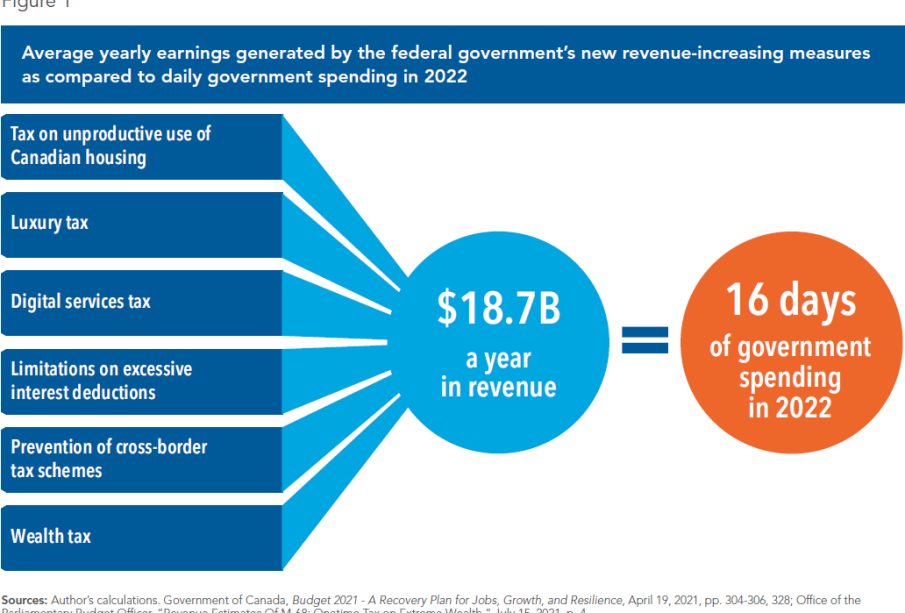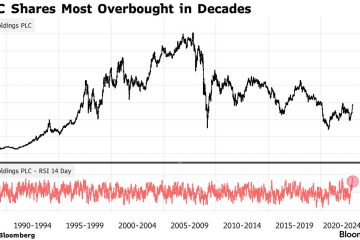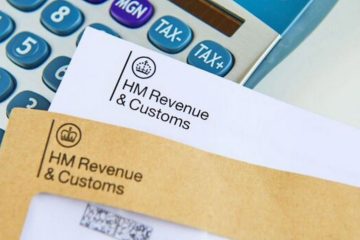The Emergence of Wealth Tax: A Crucial Discussion

Introduction: What is Wealth Tax?
Wealth tax is an increasing topic of discussion among policymakers and economists as the UK grapples with rising inequality and the fiscal impacts of the pandemic. It represents a tax levied on the net wealth of individuals, thereby targeting substantial assets such as property, savings, and investments rather than income alone. Given the current economic landscape, where the wealth gap is widening, the introduction of a wealth tax in the UK has become a highly debated issue.
The Current Economic Context
The financial fallout from the COVID-19 pandemic has intensified focus on the UK’s fiscal responsibility. According to a report from the Office for National Statistics, the wealthiest 10% of households own 43% of all wealth in the UK, highlighting a troubling trend in wealth distribution. Lawmakers, particularly from left-leaning parties, argue that implementing a wealth tax could help generate additional revenue needed to fund vital public services and address the gap exacerbated by the pandemic.
Arguments For and Against Wealth Tax
Proponents of a wealth tax argue that it would promote economic fairness, stating that those who hold significant assets should contribute more to the society that enables their wealth accumulation. Countries such as France and Spain have implemented wealth taxes and report mixed results on revenue generation and economic impact.
> Critics, however, caution against the potential negative consequences of a wealth tax. Detractors argue it might deter investment, hinder economic growth, and prompt wealthy individuals to relocate to countries with more favourable tax regimes. They also raise concerns about the complexities involved in assessing and valuing wealth accurately, leading to administrative challenges.
Recent Developments
As of October 2023, the UK’s Labour Party has pushed for wealth tax proposals aimed at addressing inequality and funding public services. They propose a one-off wealth tax on individuals with assets exceeding £10 million. In contrast, Prime Minister Rishi Sunak’s Conservative government has resisted these calls, focusing instead on measures to stimulate business investment.
Conclusion: The Future of Wealth Tax in the UK
The conversation around wealth tax in the UK continues to evolve as economic pressures mount. While its implementation could provide a solution to some fiscal challenges, the full ramifications of such a policy need careful evaluation. It remains essential for citizens to engage with this debate, as changes in tax policy could significantly impact financial futures for many. As the political landscape changes, the future of the wealth tax remains uncertain, but the dialogue is likely to intensify in the coming years.









